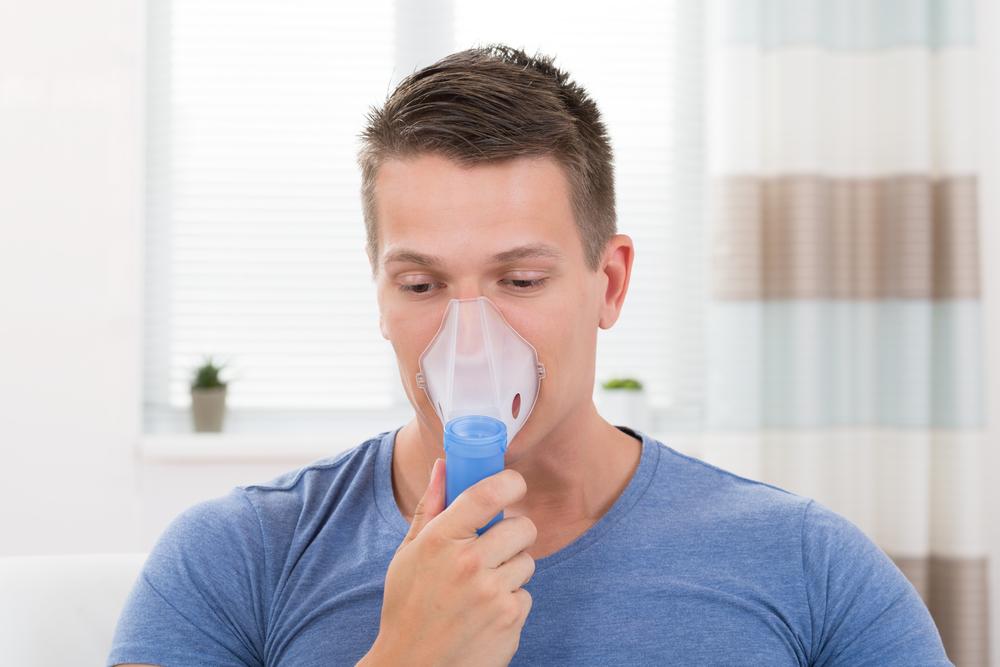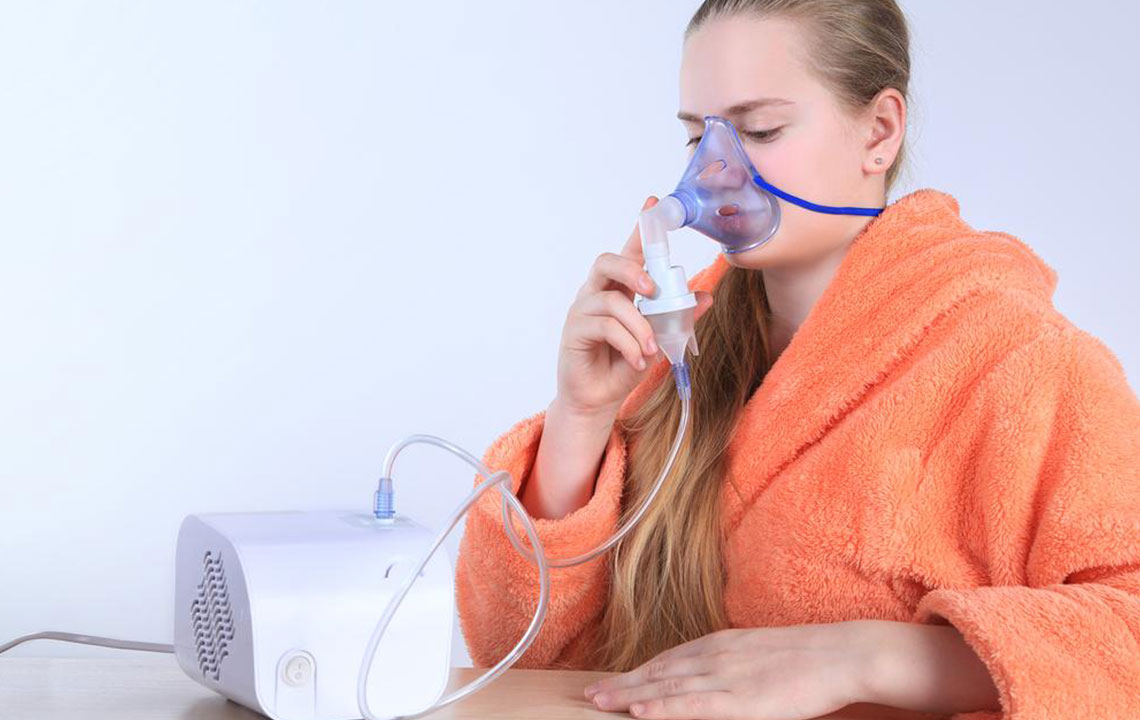Practical Lifestyle Strategies for Managing COPD Effectively
Explore effective lifestyle strategies to better manage COPD, including quitting smoking, practicing breathing exercises, avoiding environmental triggers, staying active, and improving sleep. These practical tips can help enhance breathing, reduce symptoms, and improve quality of life for COPD sufferers.

Practical Lifestyle Strategies for Managing COPD Effectively
Implementing small but impactful changes in your daily routine can greatly enhance COPD management. Here's what you need to know.
Chronic obstructive pulmonary disease (COPD) is a gradual lung condition that impairs breathing by restricting airflow. It often results from long-term exposure to pollutants such as dust, fumes, chemicals, or cigarette smoke. Typical symptoms include constant coughing, wheezing, chest tightness, fatigue, and breathlessness during physical activity. Individuals with COPD are also at increased risk for cardiac issues and lung cancer.
Luckily, COPD management can be optimized through proper medical treatment and lifestyle modifications. Besides prescribed therapies, adopting certain habits can ease breathing and reduce symptoms. Here are some lifestyle adjustments to help improve breathing and overall well-being.
Quit Smoking
Since smoking is a leading cause of COPD, stopping can prevent further lung damage. While pre-existing damage may be permanent, avoiding smoking halts new injury and can improve breathing over time. Quitting also benefits general health and accelerates recovery.
Learn Breathing Techniques
Breathlessness is a core symptom of COPD. Practicing specific exercises like pursed-lip breathing, diaphragmatic breathwork, or light aerobic activities can strengthen your respiratory muscles. Mastering these methods can make daily activities easier and enhance lung function.
Minimize Environmental Exposure
Recognize and avoid triggers that worsen symptoms, such as cigarette smoke (including passive exposure), dust, fumes, and air pollution. Reduce contact with sick individuals and crowded places to lower infection risk. Maintaining a clean living environment with air purifiers can help ensure healthier indoor air quality.
Maintain Physical Activity
Counterintuitive but beneficial, regular gentle exercise can boost stamina and strengthen your immune system, making symptoms more manageable. Consult healthcare providers to craft a safe, personalized exercise plan, starting gradually and respecting your limits.
Enhance Sleep Quality
Good sleep supports overall health and can reduce COPD-related complications. Sleep issues like sleep apnea can worsen symptoms. Techniques such as meditation or yoga, along with medical guidance, can improve sleep quality, lessen fatigue, and elevate mood.
Important: The information is for educational purposes only. Consult healthcare professionals for tailored medical advice. This content is research-based but should not replace professional guidance. We do not take responsibility for discrepancies or inaccuracies in external sources or offers.


